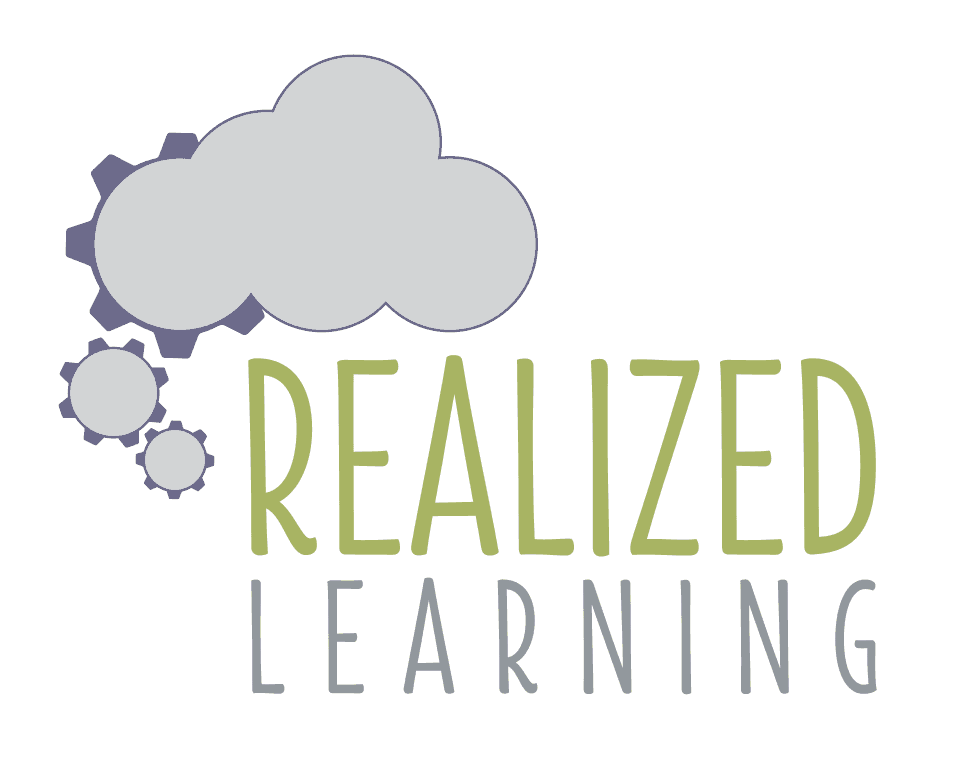I distinctly remember being a student in elementary and middle school and being chided for giving the answer “I don’t know” to a teacher’s question. It just simply wasn’t an option. I even remember hearing the response “That’s not an answer” from one of my teachers. It became engrained in me as well as my classmates that not knowing wasn’t an option. So what were you supposed to do if you really didn’t know? I suppose the idea was to encourage students to look for the answer, or to pay attention more in class. Maybe. I also recall the moment when I learned this wasn’t a practice unique to the school I attended. I was completing my pre-practicum to become eligible for graduate school and I was under the supervision of an elementary teacher at a school five minutes away from my college dorm. I was excited to be in the classroom, learning new techniques and getting a chance to interact with students. It was during a word study lesson that a student gave the answer “I don’t know” to the teacher’s question, and was quickly told that it wasn’t a satisfactory answer. Of course, being a young, impressionable teacher-to-be, I took this as the best way to respond to a child who really didn’t know, and this response would undoubtedly spark the desire for said child to open up a book and start searching for a better answer. Learning would be taking place! Right?
In Steven D. Levitt and Stephen K. Dubner’s book Think Like A Freak, this quote struck me: “It has long been said that the three hardest words to say in the English language are I love you. We heartily disagree! For most people, it is much harder to say I don’t know. That’s a shame, for until you can admit what you don’t yet know, it’s virtually impossible to learn what you need to.” This chapter goes on to detail the importance in our culture of trying to be an expert at everything or always knowing the answer. But is this a good thing? In my experience, I have found not. So many children are being taught from an early age that it’s not ok to say “I don’t know”. On top of that, we have a whole society of parents and teachers who have taken this lesson to heart and set the example for our younger generation. Children begin to think that mom and dad, their teachers, really any adult, must know more than they do. Adults always have the answer. It creates the false impression that children have everything to learn from adults, and adults have nothing to learn from children; they already know it all. It fact, I learn from children every single day. Even more damaging, children begin to grow into adulthood, finding that they don’t have all the answers, and feeling the pressure of having to pretend they do.
So what is a better way to encourage your child to be a thinker without creating a false sense that they have to always have the answer? I think one of the most important things that parents and teachers can do is model “not knowing”. I appraoch teaching and learning much differently than I had when I first made the decision to pursue education. Now, if one of my students asks me a question that I don’t know the answer to, I happily say “I don’t know. Let’s find out together.” Not only does this show the child that they don’t need to always have an answer, but it also shows them that they are capable of searching for their own answers to questions. It allows them to explore different sources of information and use their own judgement to determine what the most reliable answer may be. It is empowering. I believe it also shows children that there may not be an answer to every question. And that’s ok. In our society, we find that hard to accept. But the more we become used to this idea, the more open we will be to learning and discovering.
